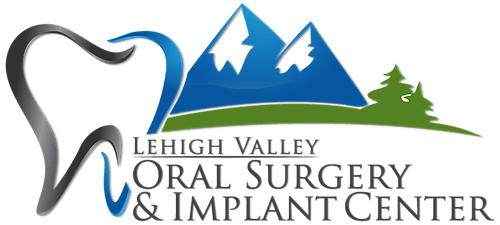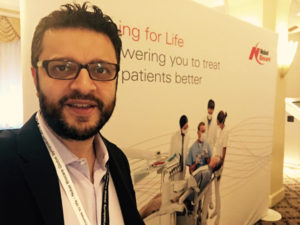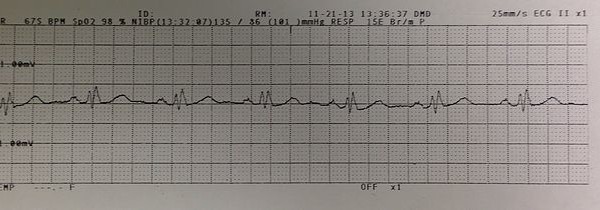I’ve heard it said that it takes surgeons over a decade to adopt new, scientifically proven concepts into their daily practice.
There is no doubt that there should be some lag between the introduction of a new surgical technique and adoption into everyday practice of most clinicians. There needs to be time to study the safety and efficacy of new procedures. A slow, careful approach, especially when it comes to patients is a wise idea.
However, even once the scientific data is in, why is there such a delay?
One significant reason is surgeons are too entrenched into their own day to day practices that they don’t take the time to continue learning after their schooling. In dental school and residency, we increase our knowledge of surgery exponentially but that comes to a screeching halt once into private practice.
This is precisely why I am attending the Nobel Global Symposium 2016 on dental implants this week in New York City.
 The conference offers a chance to see the newest innovations in the field.
The conference offers a chance to see the newest innovations in the field.
Certainly most of what is being presented is already practiced by me. However, there are innovations from around the world: Europe, South America, Australia, Asia Africa and right here in the US, that will directly improve my patient care better.
Several years ago the concept of “All on Four” was presented at a similar meeting I attended. This was a novel approach to taking care of many patients. Having quickly adopted this scientifically proven concept in my practice has helped many patients.

 The conference offers a chance to see the newest innovations in the field.
The conference offers a chance to see the newest innovations in the field.
